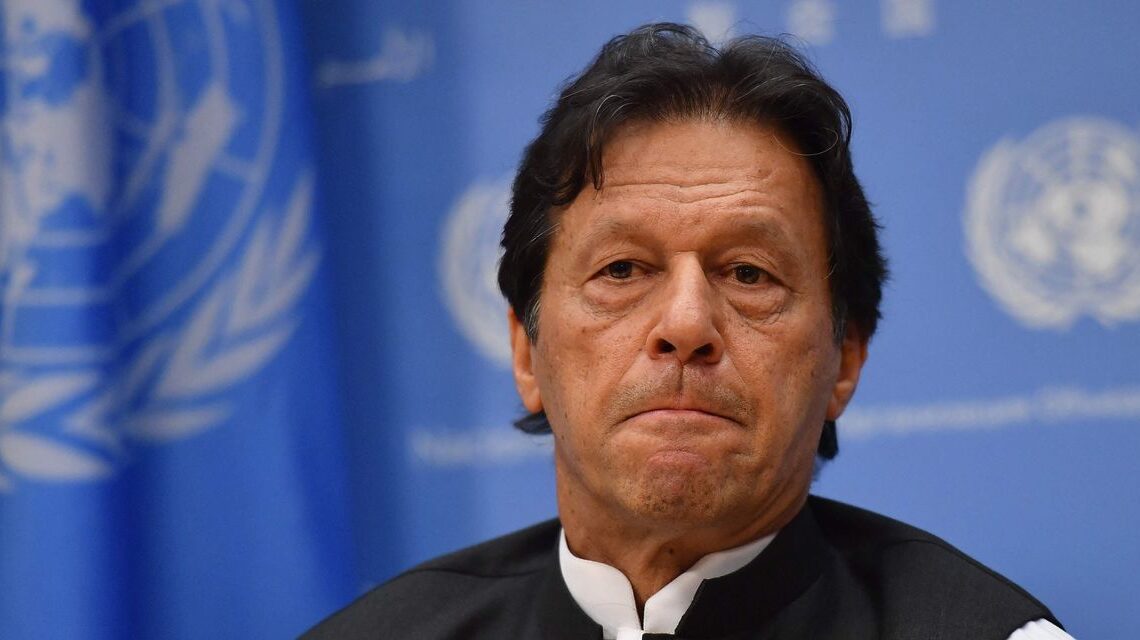When it comes to inflammatory anti-American rhetoric, few politicians can match Pakistan’s
Imran Khan.
Since Parliament ousted him as prime minister in April, Mr. Khan has made restoring the country’s national pride—fatally wounded by Washington in his telling—the centerpiece of his campaign to reclaim power. In interviews and speeches, Mr. Khan accuses the U.S. of imposing a “master-slave” relationship on Pakistan and of using the Islamic nation like “tissue paper.” Mr. Khan wants his country to emulate India, which he lauds for its independent foreign policy.
In a land steeped in anti-American sentiment, such rhetoric plays well. His supporters trumpet his implausible claim that Prime Minister
Shehbaz Sharif
leads an “imported government” put in place by scheming American diplomats. That pride in defying America explains Mr. Khan’s praise for India, which otherwise might seem odd—particularly coming from a man on whose watch bilateral ties with New Delhi declined precipitously.
Mr. Khan’s rhetoric is tinged with envy. The U.S. maintains close ties with India, even though its government frequently defies Washington’s wishes. In his speeches, Mr. Khan points out that Russia’s invasion of Ukraine hasn’t prevented India from deepening ties with Moscow. If India can buy Russian oil, he asks, why can’t Pakistan?
He misreads both the historical record and the causes of Pakistan’s decline on the world stage. Contrary to his claims, the U.S. has treated Islamabad generously, sometimes to the detriment of American interests. If Washington now favors India, Pakistan has only itself blame.
Take the charge that America treats Pakistan as a slave nation. As
Maleeha Lodhi,
a former Pakistani ambassador to Washington, pointed out in a TV interview last week, that’s false. “If Pakistan had truly been a slave of America, then it wouldn’t be a proud nuclear weapons state,” she said. Nor could Islamabad have resisted U.S. pressure early in the Cold War to forgo deeper ties with China. After the 9/11 terrorist attacks, Ms. Lodhi said, Pakistan ignored U.S. charges that it was playing a “double game”—aiding the terrorist groups Washington gave it cash to fight—and maintained ties with the Taliban.
Pundits can debate whether the diplomatic achievements Ms….
Click Here to Read the Full Original Article at RSSOpinion…

